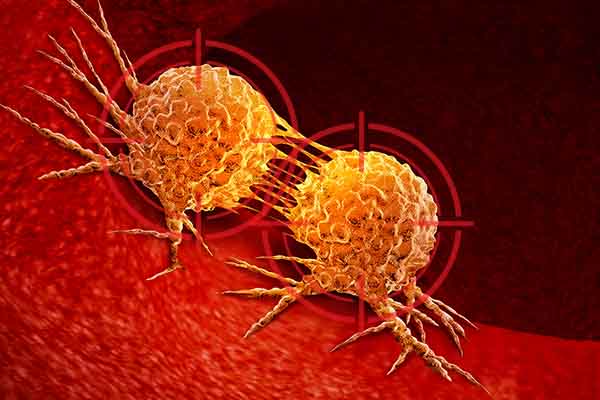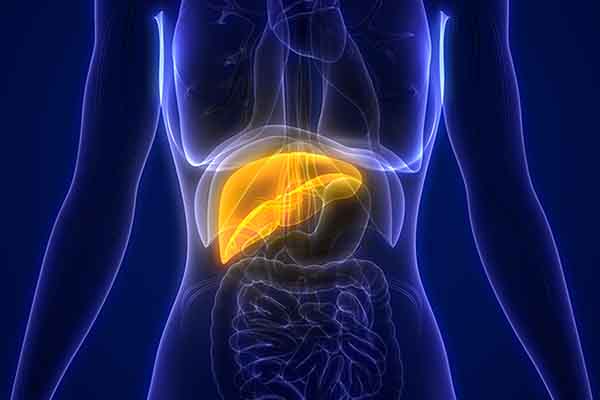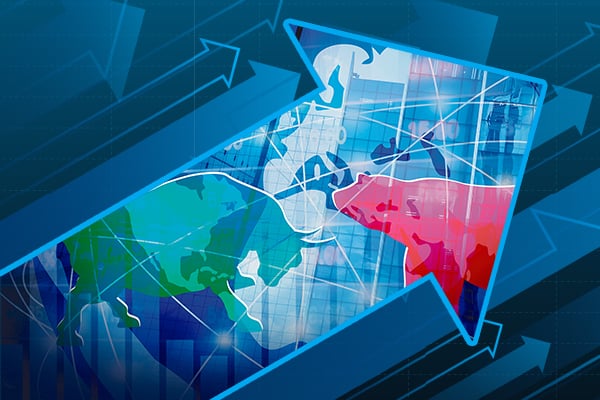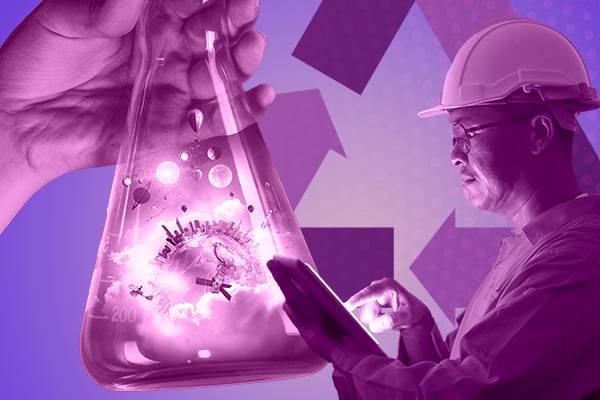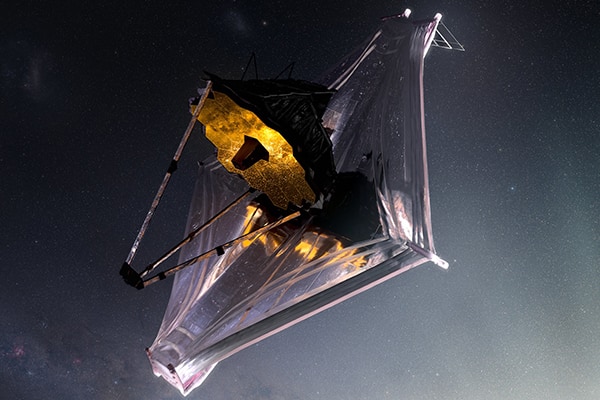Traditionally, wastewater has been viewed as a source of pollution that can damage ecosystems. However, wastewater collection can be a win-win for the environment and businesses, because it contains several valuable elements like nitrogen, carbon, and phosphorus that can be converted and purified into high-purity products like fertilizers, disinfectants, acids, and bases. Can we shift our perspective to valorize those pollutants as a source of feedstock chemicals to incentivize collection, enable electrification of manufacturing, and help achieve circular economies?
Join William Tarpeh, Assistant Professor of Chemical Engineering at Stanford University, as he discusses recent efforts and future opportunities to design catalysts, separations methods, and integrated electrochemical reactive separation systems that can achieve the vision of wastewater refining. Register now to learn how catalysis and separations can be integrated to produce high-purity chemicals from diverse, variable, and widespread wastewaters.
What You Will Learn
- Why conventional chemical extraction, manufacturing, and disposal have exceeded planetary boundaries
- How electrochemical wastewater refining, or the tunable recovery of valuable resources from wastewaters, can be achieved through electrocatalyst design, solute-selective separations, and stoichiometric electrochemical conversions
- How to characterize both the aqueous and solid sides of electrochemical interfaces to uncover mechanistic insights that inform process design for wastewater refining
Co-Producer
What an attendee said about this ACS Webinar!

I was able to learn about new advances in wastewater treatment and the potential of developing technologies to impact real environmental problems. Also, I found the presenter very knowledgeable and a welcoming champion for research in wastewater advances.



